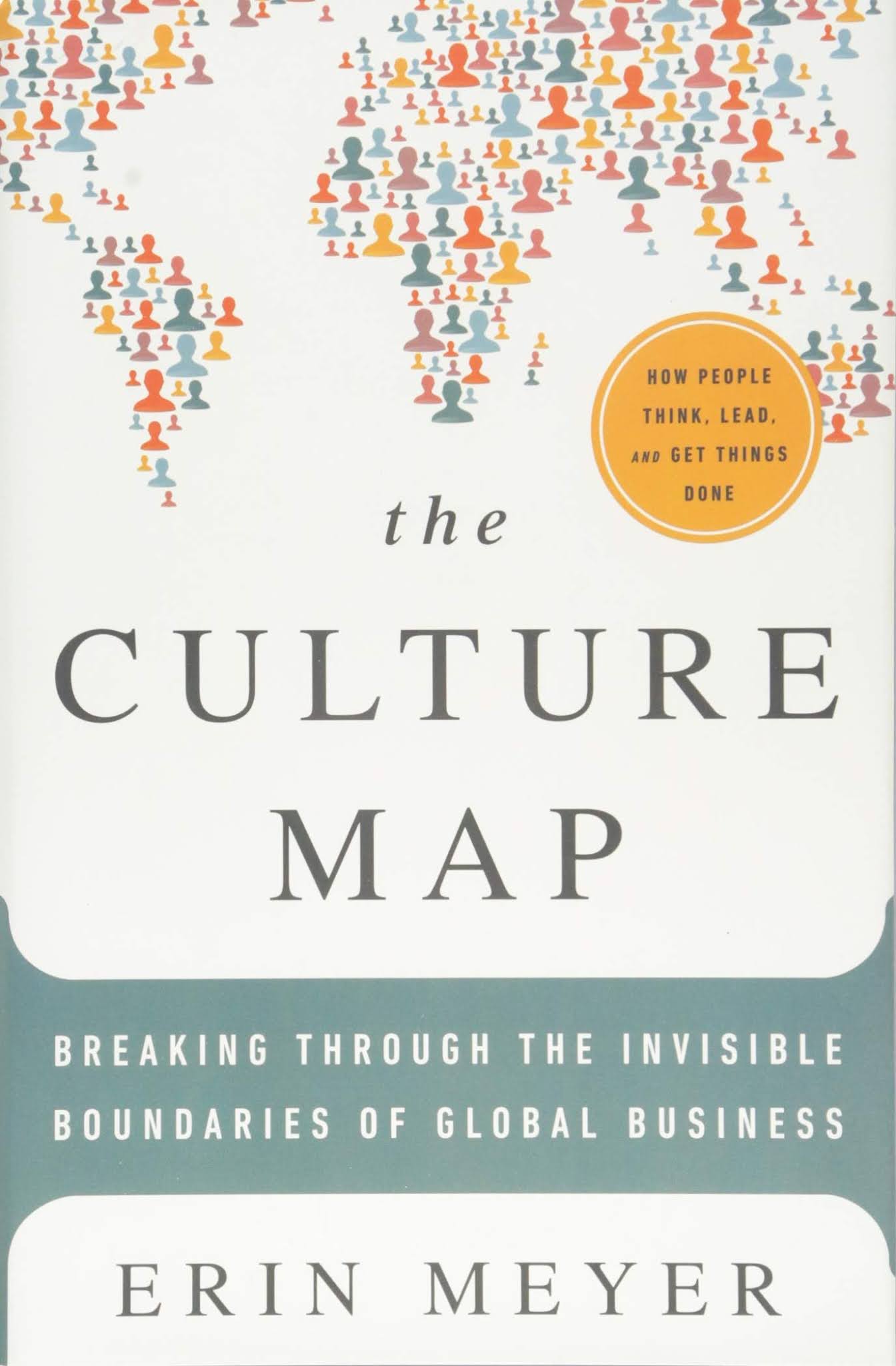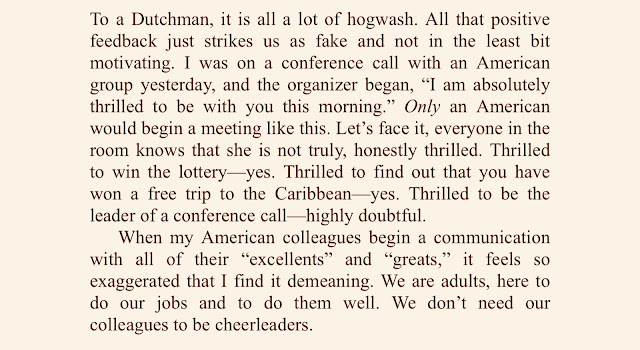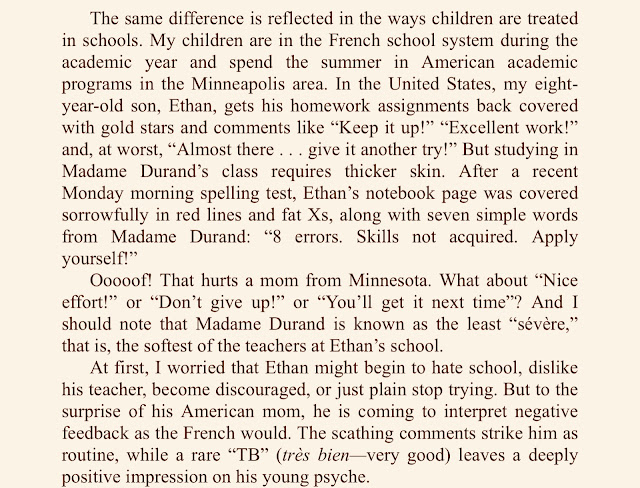The Culture Map - How Different Cultures Communicate and How You Can Manage It
Hey guys, I read a very interesting and illuminating book recently and wanted to introduce you to it.
We're gonna take a look at how cultures communicate. The differences are stark.
I highly recommend this book.
First, let's look at how societies communicate.
Low Context
Good communication is precise, simple and clear. Messages are expressed and understood at face value. repetition is appreciated if it helps clarify the communication.
High Context
Good communication is sophisticated, nuanced and layered. Messages are both spoken and read between the lines. Messages are often implied but not plainly expressed.
Thoughts
Singapore, as an Asian country, probably falls under high context rather than low context.
(Side note: I am doing a course on supporting and engaging people with autism now, and it occurs to me that high context environments can be extremely tricky for any person ,with or without autism. Worse, if someone needs to follow instructions to a T, high context communication will definitely confuse matters.)
I'm not surprised that Japan is a categorised as a high context country.
"In Japan, there is a vote for the most popular new word. A few years ago, the word of the year is 'KY', which stands for kuuki yomenai, or one who cannot read the air. In other words, a person sorely lacking the ability to read between the lines. In Japan, if you can't read the air, you are not a good listener." P60
Upgraders and Downgraders p.63
More direct cultures use upgraders, words preceding or following negative feedback that make it feel stronger.
'absolutely, totally, strongly'
E.g. "This is totally inappropriate, this is absolutely unprofessional'
Indirect cultures use more downgraders to soften the criticism :
' kind of, sort of, a little, a bit, maybe, slightly'
E.g. 'We are not quite there yet. This is just my opinion'.
Singapore definitely uses more downgraders. I mean, just look at 'landslips' instead of 'landslides', and even 'circuit breaker' as opposed to the harsher 'quarantine'.
Pg. 74
It's funny because for such a direct culture, Americans tend to hold back when giving negative criticism.
pg. 75 Different approaches, even in schooling.
In today's urban terms, SAVAGE!
In some countries, a joke is best when delivered deadpan (Britain).
In America, you need to add the tag 'just kidding!', to state the obvious. They often also point out the elephant in the room, which some cultures find utterly unnecessary and even insulting. Like, duh, obviously we know.
In the book, we are also introduced to how people think and how it affects persuasion.
Applications First (thesis first, then back up with evidence if needed) VS Principles First (evidence first, then conclusion) p. 89
Singapore is more of an 'applications first' kind of system I believe.
Conclusion:
I really enjoyed this book! Trying to understanding others and why they are the way they are is what I most enjoyed about sociology.
If you work in a multi-cultural company, perhaps you have encountered such communication gaffes too. Try this book to see why these happened, and how you can tackle the situation if it arises again.
If you watched Emily in Paris, these concepts explains better the culture shock Emily is experiencing in her workplace. I definitely learned a thing or two from this book.







Comments
Post a Comment